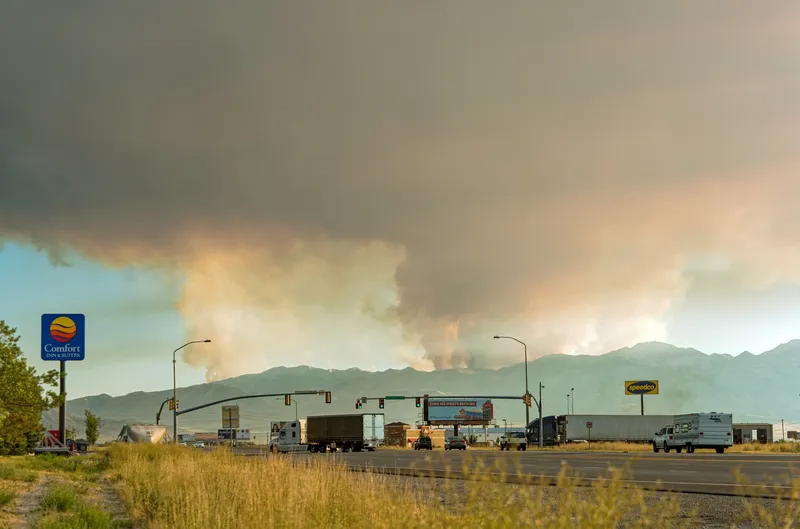Truck platooning uses vehicle-to-vehicle communications technology to allow trucks to follow each other more closely – at about one second apart – and travel in a more coordinated fashion.
While various aspects of truck platooning have been studied for years, FHWA’s Exploratory Advance Research program has taken testing to new levels with the addition of cooperative adaptive cruise control (CACC) technology, which adds vehicle-to-vehicle communications to the adaptive cruise control capability now available in new vehicles. This connectivity allows trucks to operate more smoothly as a unit, reducing and controlling the gaps between vehicles.
The demonstration involved partially automated trucks – which are not driverless, and used professional drivers. The advanced technology that makes platooning possible is meant to supplement, not replace, the nation’s commercial motor vehicle operators.
Federal Highway Administration showcases truck platooning technology
The US Federal Highway Administration (FHWA) has conducted the first of a two-day demonstration of three-truck platoons on I-66 in Virginia. The results of a four-year research project to test the effectiveness of state-of-the-art driving and communications technologies were showcased at the event.
Truck platooning uses vehicle-to-vehicle communications technology to allow trucks to follow each other more closely – at about one second apart – and travel in a more coordinated fashion.
September 15, 2017
Read time: 2 mins
The US Federal Highway Administration (FHWA) has conducted the first of a two-day demonstration of three-truck platoons on I-66 in Virginia. The results of a four-year research project to test the effectiveness of state-of-the-art driving and communications technologies were showcased at the event.









